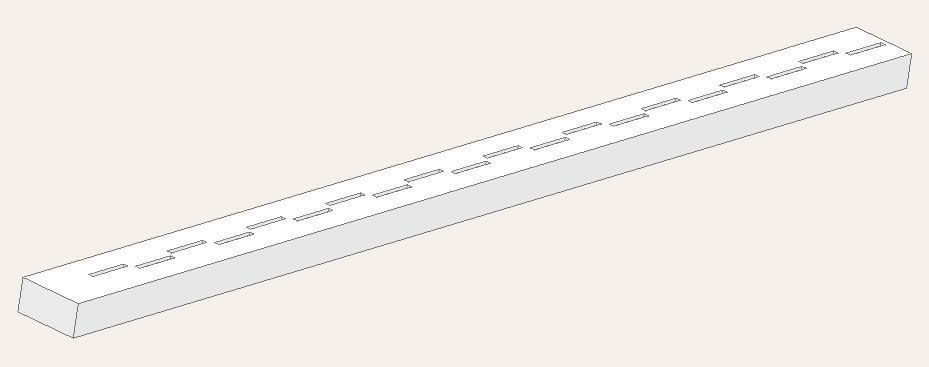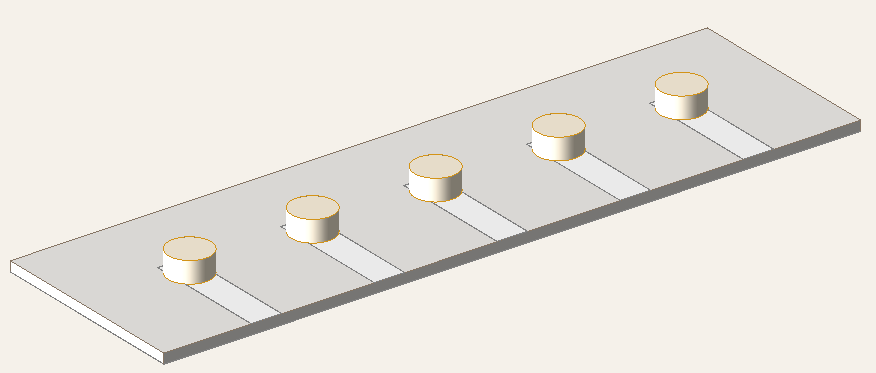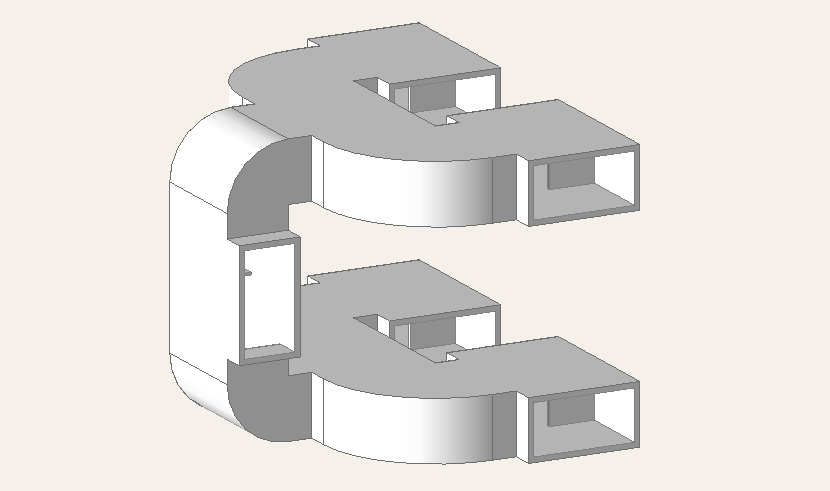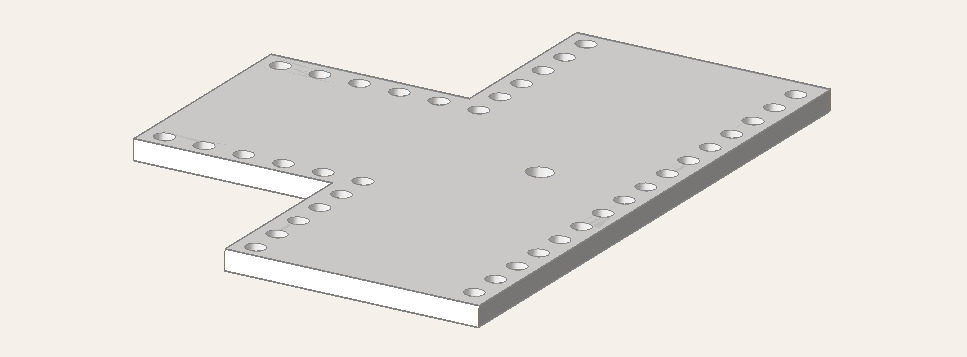






→ Type of Service & Application?
→ Operating environment? (Temperature, humidity, viabration, radiation,
etc.)
→ How will your product be used? (Stationary/moving, sea/aerial/space,
etc.)
→ What information to be sent? (Voice/video/data or combination of the
three)
→ How will your product be powered? (Battery/AC)
→ How large is the product should be? (Size, weight)
→ Product technical parameters requirement? (Specification)
→ Available spectrum or frequency?
→ Required design time frame?
→ System models and research for possible solutions/algorithms.
→ System designs are thoroughly checked for feasibility and
suitability.
→ System level simulation for algorithm performance evaluation.
→ Technical analysis for a system, subsystem or system elements include:
concept, requirements, design, test, operation, maintenance.
→ Research and specify RF components/chips, substrate, material, for the designed circuits, units, considering performance, cost and reliability.
→ Electrical schematic Design analog/digital, Simulation.
→ Balance system gain, linearity, noise mitigation, IP3, IP2, P1dB,
ACPR, EMI, NF, PIM, S-parameters, etc., and matching as parts of system
design.
→ RF PCB layout design using transmission lines such as microstrip,
stripline, coaxial for optimal RF performance, Simulation.
→ Waveguide components design include rectangular and circular type of
waveguides, Simulation.
→ Antennas design such as Parabolic, Phased Arrays, Dielectric, Horn,
Lens, Helical, Waveguide, Yagi, PIFA, LPDA, Loop, J, etc., circuit
matching, Simulation.
→ Meet Antenna design to suitable RF system requirements including: TRP,
TIS, radiation pattern, return loss, and antenna efficiency in actual
usage conditions.
→ Trade-off studies between Antenna performance, RF performance,
regulatory compliance, placement constraints, size, quality and cost.
→ RF/Microwave components such as Amplifiers (LNA, PA), Mixers, RF Converters, Directional Couplers, Local Oscillators (VCO, DRO), Synthesizers, PLL, Harmonic Generators, Multipliers, Frequency Filters using cavity/microstrip/lumped elements, Switches, Variable Attenuators, etc.
→ Analysis customer device test requirements and develop device test
programs to support customer needs.
→ RF Test performing using measurement instruments such as Network
Analyzer, Spectrum Analyzer, Noise Figure Analyzer/Meter, Vector Signal
Generator, RF Power Meter, PIMD Analyzer, Digital Oscilloscope, Digital
Multimeters, Programmable Power supplies, etc.
→ Analysis test results and test data to determine if design meets
functional and performance specifications.
→ Mechanical RF Unit - CAD files.
→ PCB design packages that include electrical schematic capture, board layout, placement, connection,
netlist, BOM, Gerber, DXF files.
→ Advanced Design System -
ADS (Keysight Technologies)
→ High Frequency Structure Simulator -
HFSS (ANSYS)
→ SPICE simulation software -
LTspice (Analog Devices)
→ PCB Design Software -
PADS (Mentor Graphics)
→ Schematic and PCB Design Software(EDA/CAD package) -
DipTrace (Novarm)